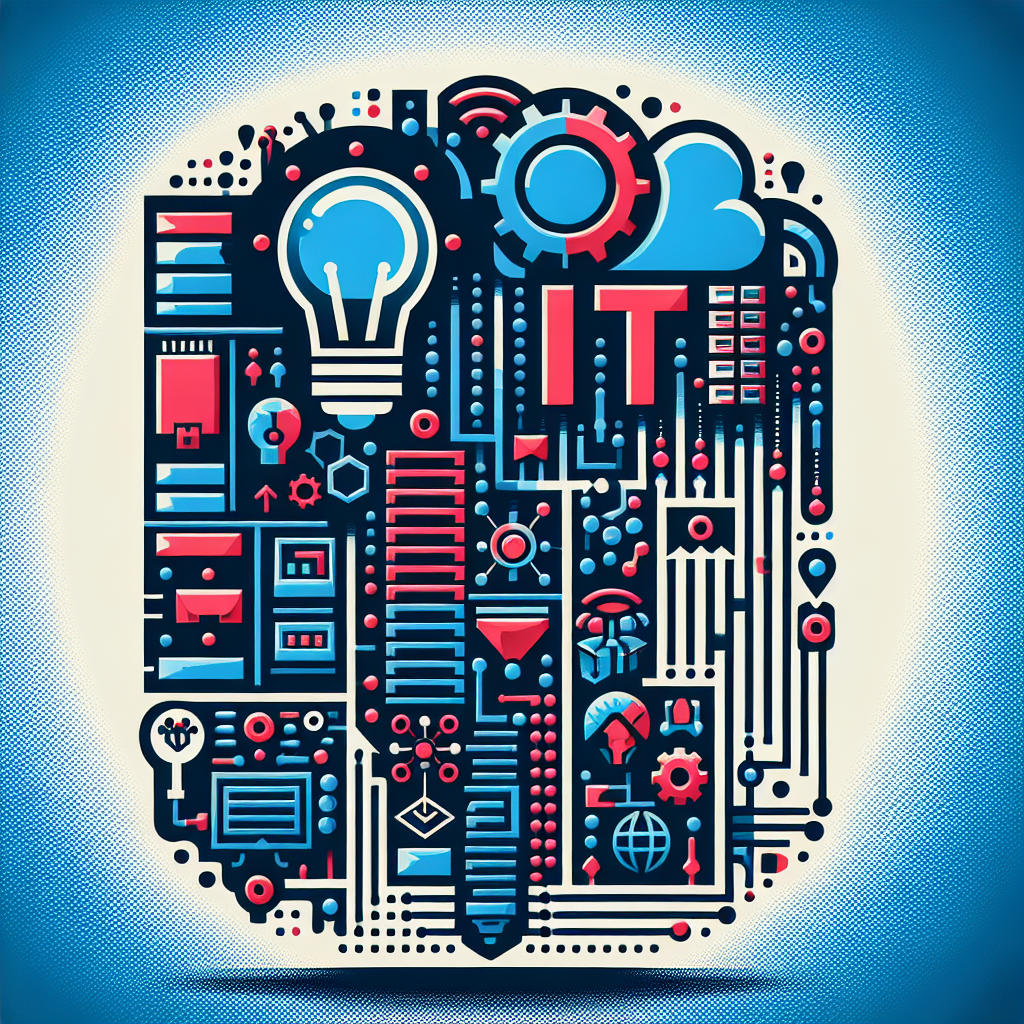Introduction to Smart Homes and BMS
In the contemporary world, home automation and building management systems (BMS) have revolutionized how we interact with our living spaces. These technologies aim to create environments that enhance comfort, convenience, and energy efficiency while ensuring that individuals and families can maintain personal space and harmony with nature and society.
Creating Personal Space and Societal Integration
One of the core benefits of smart home technology is its ability to create personalized environments tailored to individual needs and preferences. For instance:
- Personalized Settings: Smart homes can adapt lighting, temperature, and even soundscapes based on the preferences of the occupants. This creates a personal oasis for rest and peace.
- Smart Zoning: Advanced BMS allows for the creation of different zones within a home, each with its unique settings. This ensures that every family member can enjoy their personal space without disrupting others.
- Nature Integration: Smart homes can seamlessly blend with nature by using large windows with smart glass technology, automated blinds, and natural ventilation systems. This connection with nature is essential for mental well-being and reduces the feeling of being cut off from the outside world.
Energy Efficiency and Sustainable Living
Modern home automation and BMS are pivotal in promoting energy efficiency and sustainability:
- Smart Thermostats: Devices like smart thermostats learn from your habits and adjust heating and cooling systems accordingly, reducing energy wastage.
- Automated Lighting: Smart lighting systems use sensors and AI to turn lights on and off based on occupancy and natural light availability, significantly cutting down energy consumption.
- Energy Management Systems: Advanced BMS can monitor and manage energy usage across different appliances and systems, providing real-time insights and suggestions for more efficient energy use.
Technology and Comfort: The Role of IoT and AI
The integration of IoT and AI in home automation and BMS has opened up new possibilities for creating intelligent, responsive, and adaptive living environments:
- Internet of Things (IoT): IoT connects various devices and systems within a home, enabling them to communicate and function together seamlessly. This interconnectedness allows for sophisticated automation, such as a smart coffee maker starting when your morning alarm goes off.
- Artificial Intelligence (AI): AI enhances the capabilities of smart homes by learning from user behavior and preferences. It can predict needs, automate tasks, and provide personalized recommendations. For example, AI can suggest energy-saving tips based on your usage patterns or adjust settings to improve comfort based on past interactions.
Balancing Comfort with Sustainability
Achieving a balance between comfort and sustainability is key in modern home automation:
- Eco-Friendly Materials: Utilizing sustainable building materials and eco-friendly products reduces the environmental impact while maintaining high living standards.
- Renewable Energy Integration: Smart homes can incorporate renewable energy sources like solar panels, which AI manages to optimize energy usage and storage.
- Water Management Systems: Automated irrigation and water-saving technologies ensure efficient use of water resources, supporting sustainable living without compromising on garden aesthetics or personal hygiene.
Conclusion
Home automation and BMS are not just about convenience; they represent a paradigm shift towards more intelligent, efficient, and harmonious living environments. By leveraging IoT and AI, these systems provide a platform for creating homes that respect individual needs, foster a connection with nature, and promote sustainable living practices. As technology evolves, the potential for smarter, more integrated, and eco-friendly homes will only grow, making them an essential component of modern life.


Leave a Reply